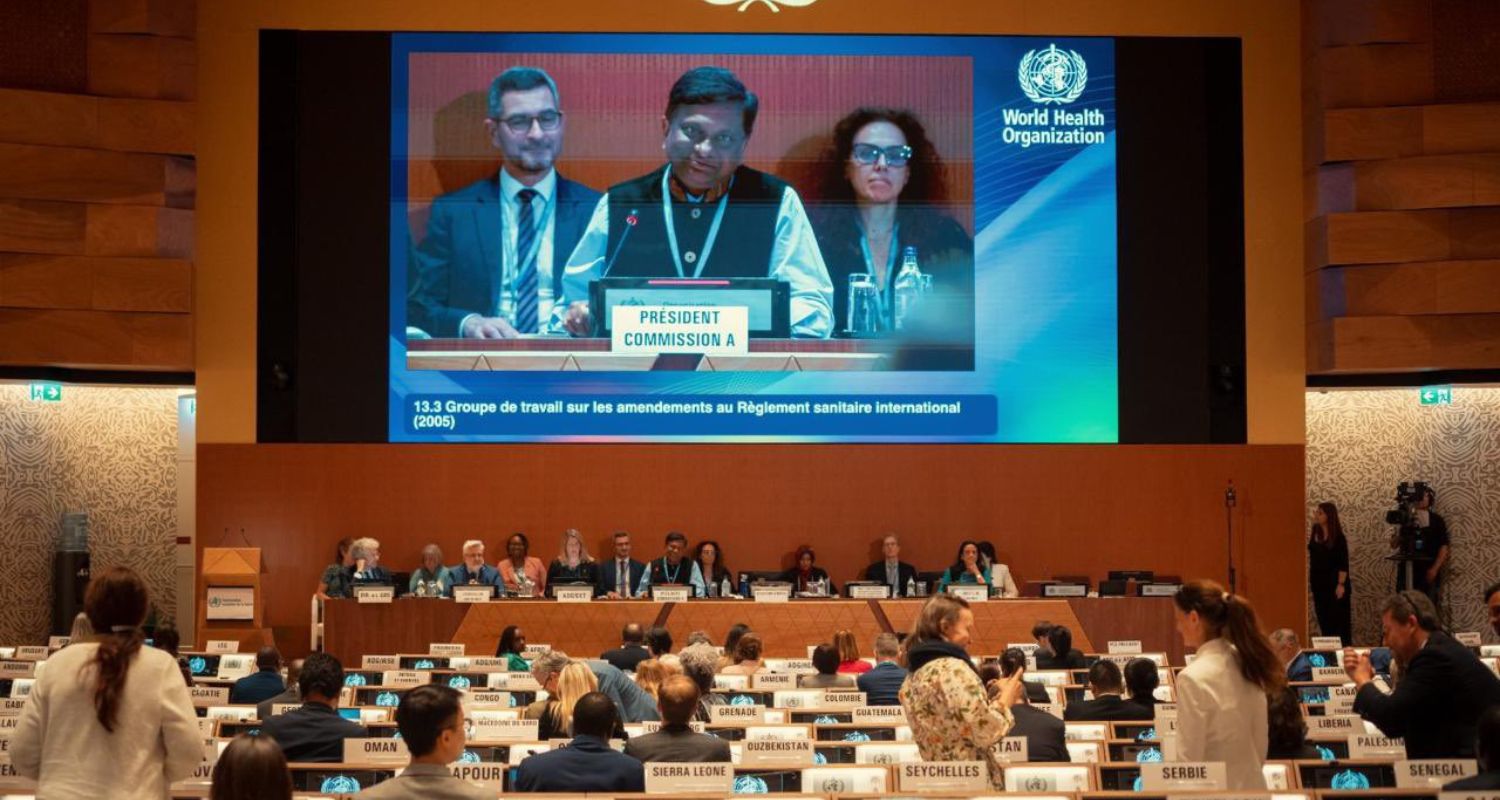The 77th World Health Assembly has approved amendments to the International Health Regulations (IHR 2005) following the COVID-19 pandemic. These amendments, based on 300 proposals from member countries, are aimed at enhancing countries' preparedness and response to Public Health Emergencies of International Concern (PHEIC) and Pandemic Emergencies (PE).
They include provisions for equitable access to health products during emergencies and mobilising financial resources to support developing countries in meeting the core capacities required under the IHR (2005).

Apurva Chandra, Secretary of the Ministry of Health and Family Welfare, hailed the revisions to the IHRs as a significant milestone. He emphasised that these amendments promote equity and solidarity, crucial for safeguarding the world against future pandemics. The adoption of these amendments is seen as a gift to future generations.
Negotiations on the amendments began almost two years ago, led by the Working Group on International Health Regulations (WGIHR) and the Intergovernmental Negotiating Body on Pandemic Treaty. Despite initial challenges and seemingly deadlocked positions, the negotiations progressed through various sessions and close calls.
To finalise the amendments, a proposal was presented by Apurva Chandra, Chair of Committee A of the World Health Assembly, on May 28, 2024. The proposal suggested the establishment of a single drafting group to consider critical agenda items related to the proposed amendments to the IHR (2005).
This proposal, approved by all member states, paved the way for consensus on the ongoing IHR amendments during the 77th assembly session.
India played a constructive role in shaping these amendments, emphasising equity in the response to public health emergencies.
The amendments represent a collective effort by member states, the WHO secretariat, and country representatives, demonstrating dedication and determination in addressing global health challenges.


